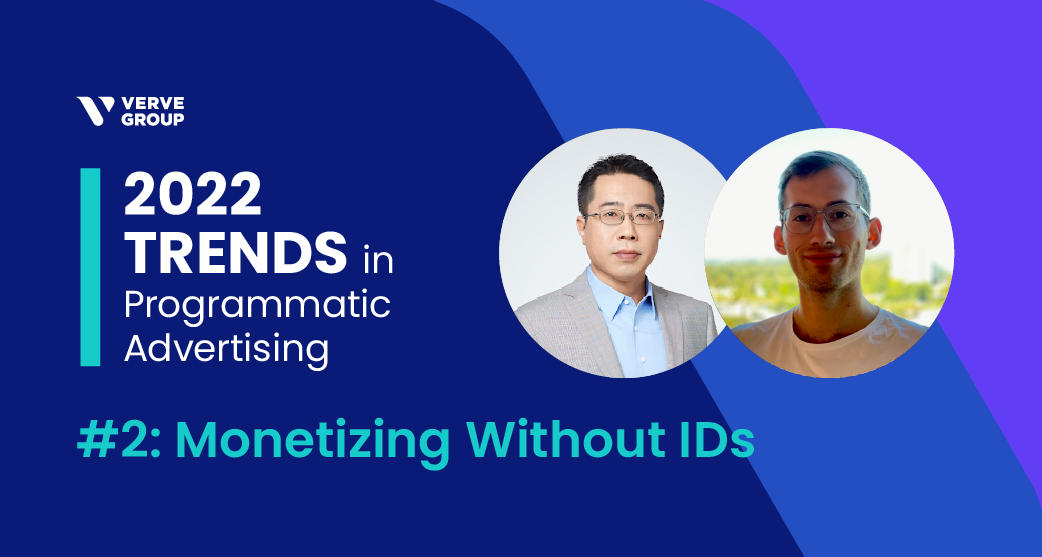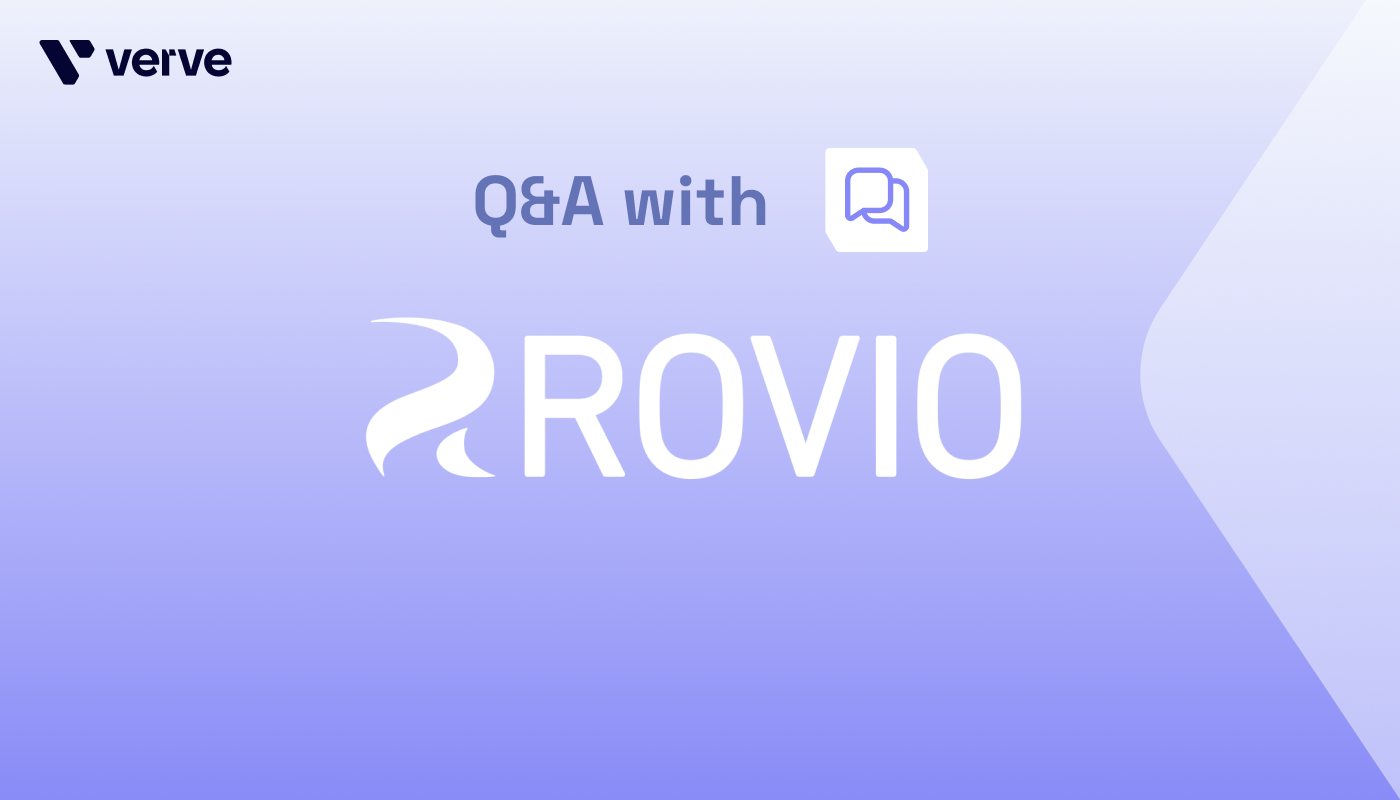Welcome to our latest blog series, 2022 Trends in Programmatic Advertising. We’re meeting with industry experts and thought leaders to bring you insights on what’s ahead for 2022 and what’s shaking up the programmatic landscape.
Today, we’re talking with Yue Wang [YW], Founder and CEO of Games Vessel, an app development company focusing on casual games development with more than 50 million installs, and Nils Breitmar [NB] Head of Revenue at Hornet, a queer social networking app boasting more than 35 million users.
Big shifts are rocking the ad tech industry: major consolidations, changes to privacy laws, IDFA deprecation, and the continued impact of the COVID-19 pandemic, to name a few. How can publishers craft the best app monetization strategy in the wake of all this change? Yue and Nils join us to talk about opportunities for publishers in the months ahead.
What impact will the global pandemic (continue to) have on user behavior in 2022?
[YW] In the short term, the pandemic has given gaming publishers a boost, because users are spending more time engaging with gaming apps. Whether a publisher’s monetization strategy is in-app purchase (IAP) or in-app advertising (IAA), in the long term, we need a flourishing economy in our main market. Unfortunately, this is currently blocked with the ongoing global pandemic.
[NB] During the pandemic, we have noted an interesting shift. As opposed to seeing exponential user growth, what we saw were changes in user behavior, namely how our users engage in the app. There was a rise in activity and genuine connections made (network density increased), which shows no sign of reverting. Relating this to the ad industry, users spend more time in-app, which means more opportunities for inventory and impressions. We have more time spent in the app and thus more inventory available.
While we hope that in-person social gatherings will resume as they were pre-pandemic, we firmly believe that vertical social networks will increasingly complement physical meetings in the future.
What challenges and opportunities do you see arising for publishers from growing consolidation in the ad tech industry?
[NB] When it comes to further industry shifts, the aggregation in the market is something I observe with caution. Competition is among the key drivers in a successful ad stack, and we have seen different instances in the tech industry with a demonstration of the big players trying to get bigger. However, we also see regulation starting to cut down on those.
[YW] There are always new changes in ad tech, and new opportunities for publishers. When 4G became part of our daily life, it helped bring about the popularity of video ads. While the growth of in-app bidding has increased revenues for publishers, it also requires innovative operations and optimizations from the internal monetization team to adapt to the current situation. As the industry consolidates, publishers will need to adapt to these new challenges. At the end of the day, the priority is to continue developing great games to entertain users. Consolidation in the industry may pose challenges, but it is just the next evolution for the industry.
In your opinion, what role will publishers play in the privacy-first movement in 2022?
[YW] Sooner or later, action was needed to take user privacy more seriously, and personalized ads is one of many privacy-related topics. As a publisher, we are trying to prepare for product design, technology, user terms, and customer service to ensure we are compliant and protecting our users.
[NB] Inherently, Hornet takes pride in protecting the LGBTQ community, and thus privacy is at the core of our being. We have always doubled down when it came to data privacy, and the movement towards more substantial protection is something we favor. Regardless of the disadvantages that a publisher might encounter (like having fewer targeting capabilities), increasing customer/user knowledge around the data privacy topic is something we perceive as positive.
Has the IDFA apocalypse been as detrimental to your business as you expected? How much do you expect it to affect you in 2022?
[YW] The effect we have seen in iOS is similar to what we expected. Personally, I am still quite positive about the future of iOS, despite IDFA becoming more and more obsolete. For one, iOS users are still high-value in general. Secondly, major platforms are accelerating the innovation of privacy-compliant targeting methodology, which will gradually make it less dependent on IDFA or other identifiers like Google’s Advertising ID (ADID).
[NB] Coherent with this strategy of safety and awareness, the IDFA changes have effectively not impacted us at all. We implemented a “pre-consent” screen explaining the upcoming push notification to gather tracking consent, and diligently observed acceptance and rejection rates. While those were beyond industry benchmarks, we see a significant part of our user base opting out. Nevertheless, eCPMs are not depressed, and we see excellent performance among opt-out users as well.
While some changes are welcome, and others have rocked the boat, these publishers show how staying agile, adaptive, and proactive can help users and publishers alike.
Stay tuned for more expert insights over the coming days on what 2022 has in store!








